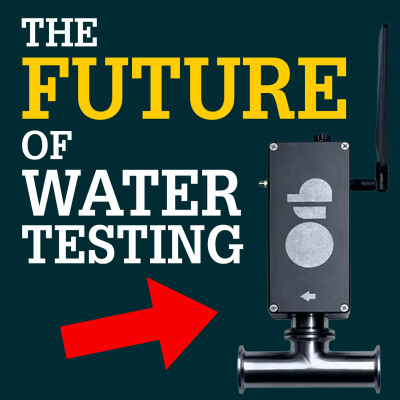Description
Johnny Pujol's company, SimpleLab started with a focus on arsenic removal technology but pivoted to consumer-focused water quality testing. Their approach utilizes direct-to-consumer engagement, providing testing kits through their platform, mytapscore.com, which allows customers to understand what's in their drinking water. This model turned out to be commercially successful and scalable compared to the original technology-focused venture.Innovations in water technology can drive faster economic growth than traditional industrial investments.
The central theme of the conversation is about pivoting a business model from developing arsenic removal technology to providing direct consumer water testing services. This shift occurred when the founders realized that direct engagement with customers about water quality issues through testing was more scalable and sustainable as a business model than their initial focus.
Unique Insights:
The company capitalized on the specific needs for community engagement and education about water quality, which were not adequately addressed by existing solutions.
They utilized direct consumer feedback to pivot their business towards a more sustainable model focused on water testing rather than just technology deployment.
The realization that transparency and direct consumer interaction could be a profitable business model in the water quality industry.
Key Ideas:
Business Pivot: The initial business model focused on a technology for arsenic removal, which was pivoted to consumer water testing due to scalability challenges and market needs.
Consumer Engagement: The new business model thrives on high engagement levels with consumers, providing them with detailed information about their water quality, which has shown high demand and customer satisfaction.
Market Expansion: The company is exploring further expansion into B2B sectors and international markets, adapting their successful consumer model to new demographics and regulatory environments.
Quotes:
"We were going to these towns in central Valley, and the best part about it is that when we tell them what's in their drinking water, everyone is listening."
"You've made a company; you've filed the paperwork; you have some money in the bank. You've learned a lot."
"It's like, suddenly the quiet classroom has come alive."
"You should just sell water tests."
"And then it just started working right? Like the magical thing happened."
Counter-Intuitive Facts:
Direct Consumer Testing as a Business Model: Initially, the concept of selling water tests directly to consumers was not seen as a viable business model, but it proved to be highly successful due to unmet market needs.
Pivoting from Technology to Service: Pivoting from a complex arsenic removal technology to a simpler consumer service was counterintuitive but resulted in better scalability and market penetration.
Community Engagement Over Pure Technology: Focusing on community engagement and education about water quality rather than just the technological solution to contamination proved more effective in building a sustainable business.
Full Episode: https://dww.show/how-simplelab-turned-an-arsenic-removal-failure-into-a-lab-logistics-success/
Hosted on Ausha. See ausha.co/privacy-policy for more information.


![25 Years of Acquisitions Built This Water Tech Powerhouse [M&A] cover](https://image.ausha.co/6xHgWghhG8OqgQaZ4Jpi3EzqoqcC8w1w1vWw6qNl_400x400.jpeg)

